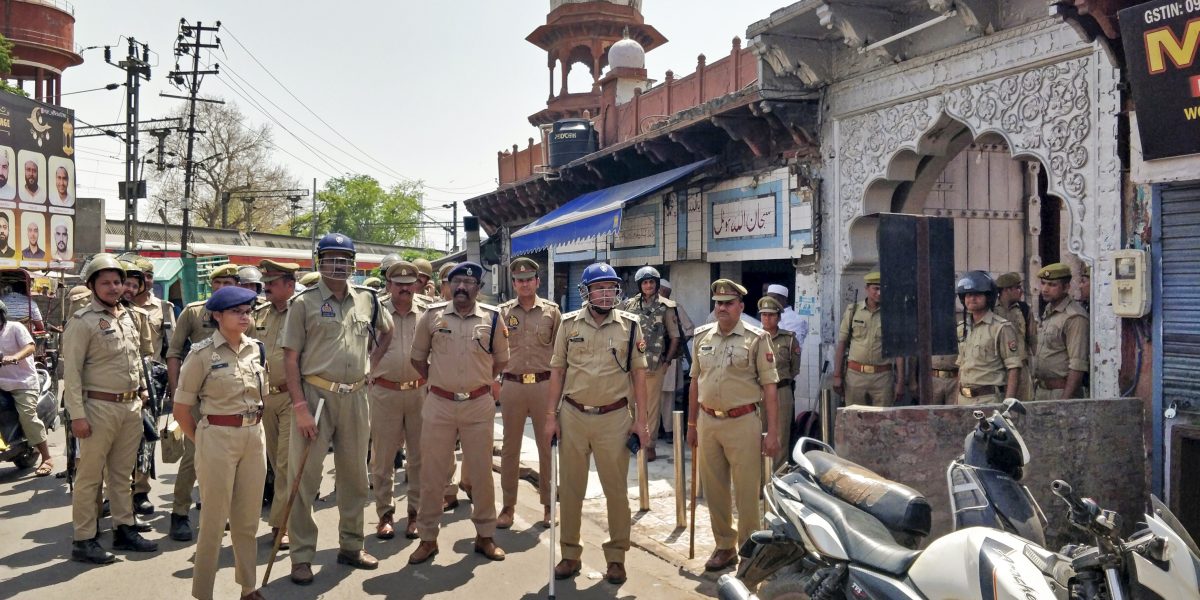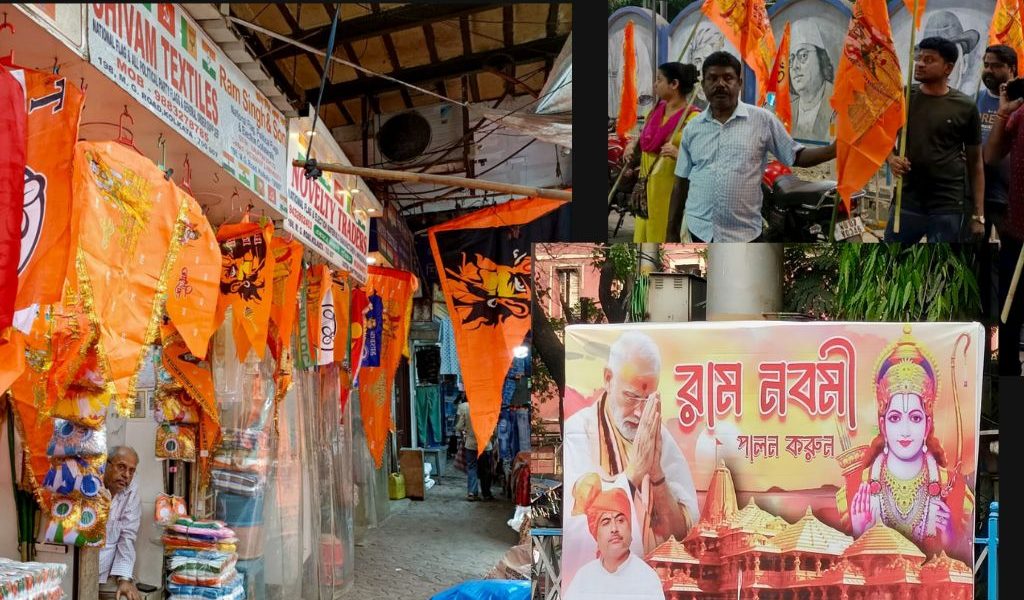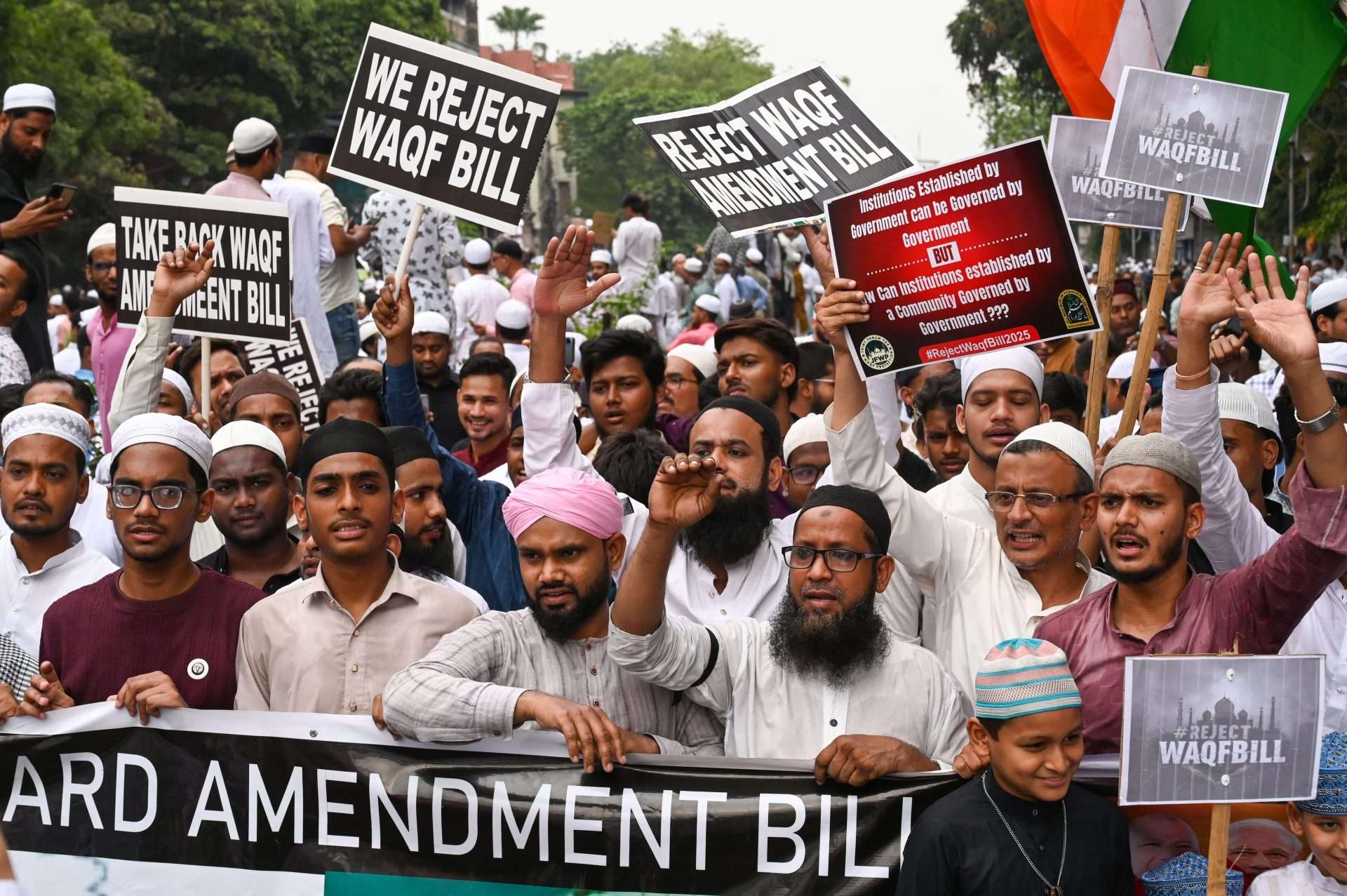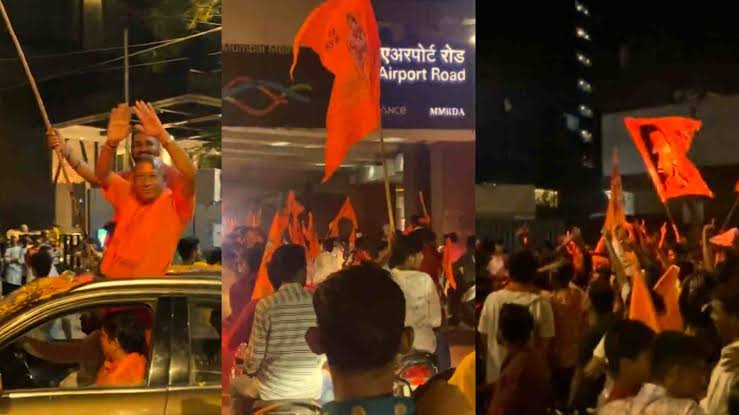By Leyland Cecco in Toronto, Stephanie Kirchgaessner in Washington, Geneva Abdul in London, Mostafa Rachwani in Sydney and Angela Giuffrida in Brescia
Two months after the Sikh activist Hardeep Singh Nijjar was shot and killed in a parking lot in suburban Vancouver, Canadian police showed up at the house of a close friend with a warning: his life was also in danger.
Two officers – one of them from the federal national security team – handed Gurmeet Singh Toor a document known as a “duty to warn” paper. It required him to confirm that they had told him his life “might be in peril” – and to acknowledge that any attempt on his life might put his family at risk.
“I asked them who might be threatening me and why my life was at risk,” Toor told the Guardian. “They said they couldn’t explain the threats because of ‘security reasons’. But they told me they had information that I was in danger.”
Toor and Nijjar had worked closely at the Guru Nanak gurdwara, a temple where they organized a symbolic referendum for an independent Sikh state in India, known as Khalistan.
The Khalistan movement is banned in India, but in Canada, activists have long campaigned for the cause. Now, Toor – and other activists around the world – are facing the stark truth that such campaigning may be putting them at risk.
“Do I think this is related to India? Yes. Do I think this is related to the killing of Mr Nijjar? Yes. But I’m not scared. I will continue to fight for his family, for justice, and for the work he was doing,” Toor said.
The assassination of Hardeep Singh Nijjar has so far produced no arrests, but it has sent shockwaves through the global Sikh community.
In interviews with the Guardian, activists in Canada, Australia, Italy, the US and the UK have described a growing climate of fear that India may feel emboldened to crush dissent – anywhere in the world.
This story was originally published in theguardian.com. Read the full story here.






